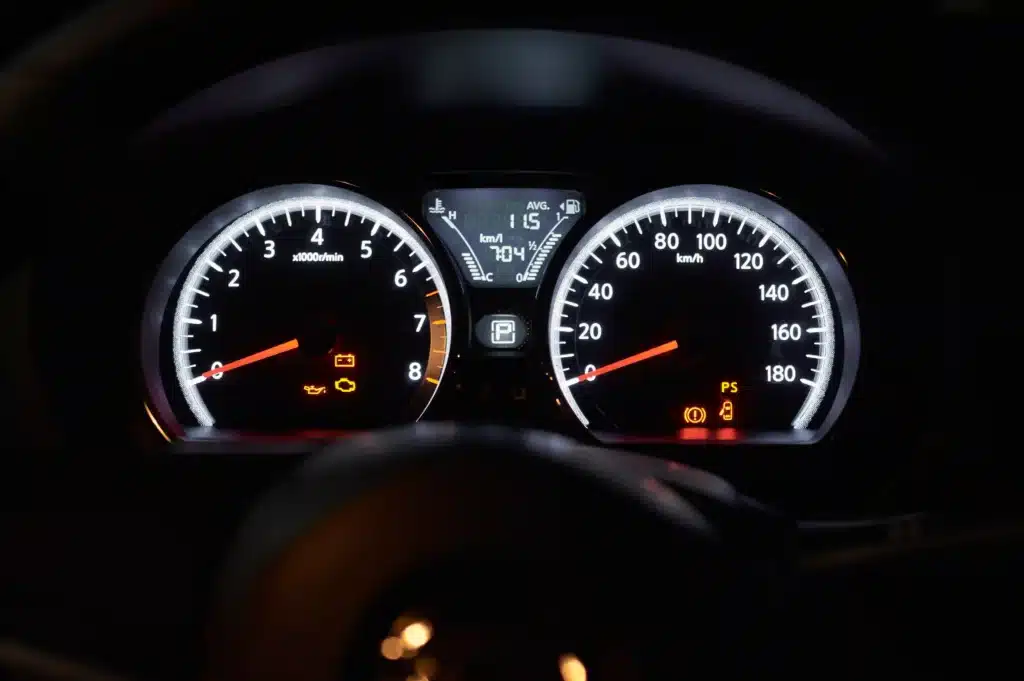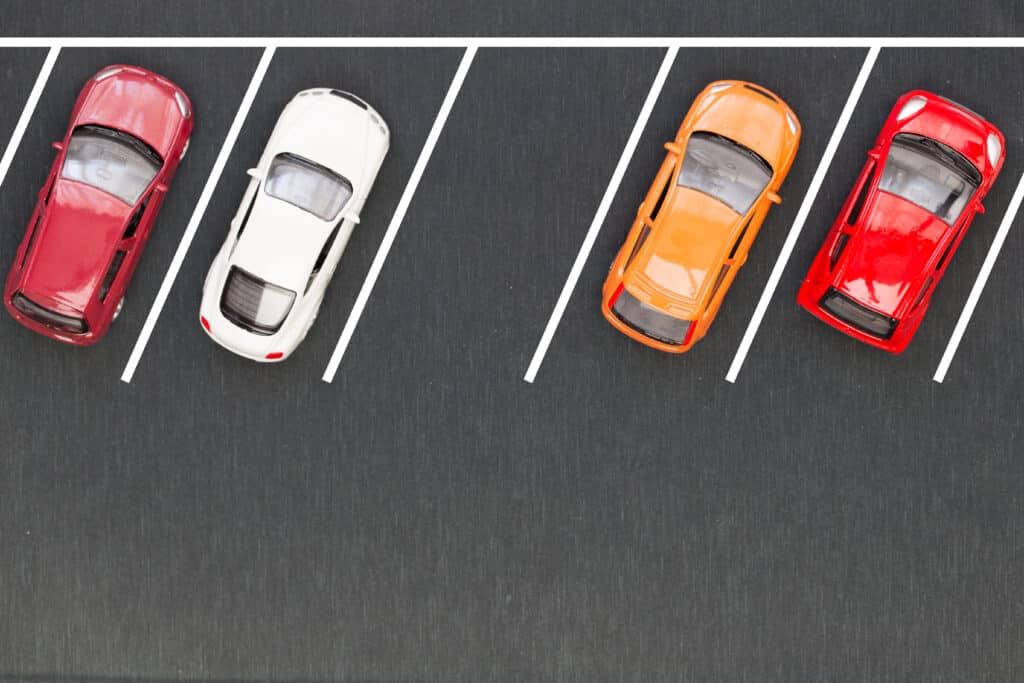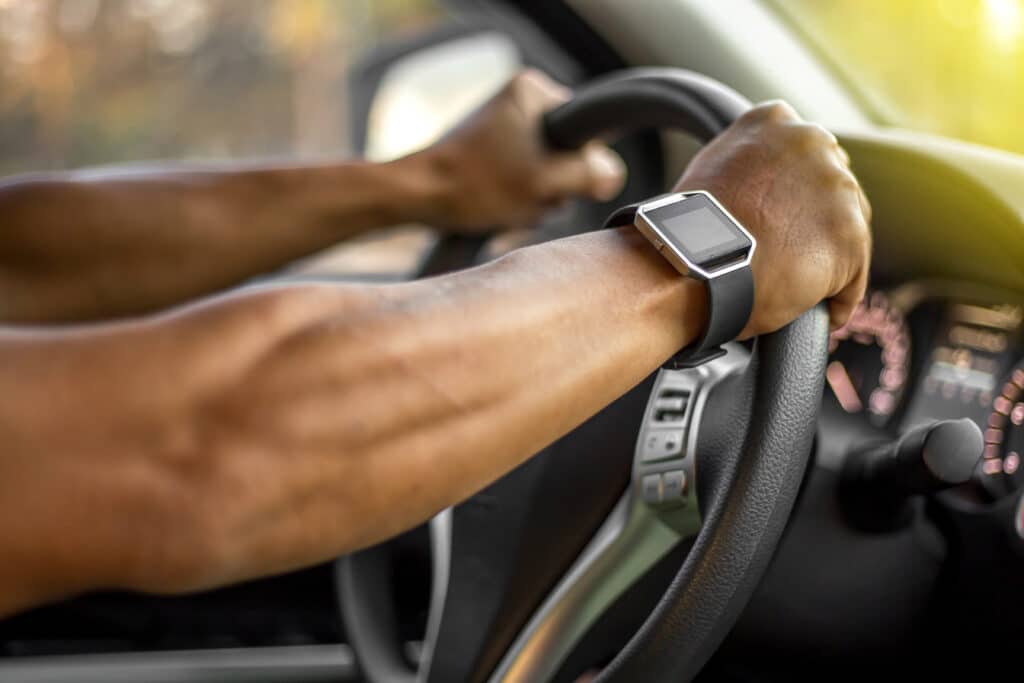Nissan Automatic Emergency Braking Lawsuits: What You Should Know
If you experience Nissan AEB problems, we can help.
Nissan has equipped several of its vehicle models with autonomous braking systems, but it seems like there are multiple Nissan AEB problems. A variety of class action lawsuits claim that these Automatic Emergency Braking (AEB) systems are defective and make vehicles unsafe to drive. If this happens to your vehicle, it might be considered a lemon.
Home » Manufacturers Of Lemon Vehicles » Nissan Lemon Law: What You Need to Know » Automatic Emergency Braking
Nissan AEB System FAQ
WHICH VEHICLES HAVE PROBLEMS WITH AEB?
The following vehicles may be equipped with faulty Automatic Emergency Braking (AEB) systems:
- 2017–Present Nissan Rogue
- 2017–Present Nissan Pathfinder
- 2017–Present Nissan Murano
- 2017–Present Nissan Altima
- 2017–Present Nissan Maxima
- 2017–Present Nissan Armada
- 2017–Present Nissan Leaf
- 2017–Present Nissan Sentra
- 2018–Present Nissan Kicks
- 2018–Present Nissan Versa
The vehicles listed above may be included in one or more class action lawsuits. However, other vehicle models may have Nissan AEB problems. Even if some Nissan models are not represented in one or more class action lawsuits, they may still experience recurring issues with their Automatic Emergency Braking systems.
If your vehicle experiences recurring issues with its autonomous emergency braking system, you may need to opt out of one or more class action lawsuits before a deadline. The same can also be said if you have problems with the autonomous emergency braking warning light.
Those who fail to opt out often waive their right to pursue individual lemon law claims. As a result, they may receive only a meager cut of the final settlement.
WHAT’S WRONG WITH NISSAN’S AEB SYSTEM?
According to a class action lawsuit, defective sensor modules cause the emergency braking system to deactivate or malfunction. As a result, the autonomous emergency braking systems can detect non-existent obstacles, provide false alarms or trigger the brakes despite no obstacles being present.
When Automatic Emergency Braking systems randomly apply the brakes, the vehicles can randomly stop or decelerate in unsafe driving situations. As you might imagine, it’s easy for problems with automatic braking systems to spiral out of control.
These class action lawsuits allege that the emergency braking systems have falsely engaged while in intersections or on bridges, highways and railroad tracks. The activation of the brakes allegedly makes it difficult for drivers to move out of the way of danger, putting them at an increased risk of side-on or rear-end collisions.
In some situations, the Automatic Emergency Braking system may confuse regular driving environments for imminent obstacles. One consumer alleges that her Nissan Altima’s brakes will forcefully lock up whenever she approaches a parking garage’s up ramp.
These class action lawsuits also allege that the emergency braking feature randomly stops working, making it unreliable even if the feature otherwise functioned as intended. In such cases, the following warning shows up on the dashboard: “Front radar unavailable due to obstruction.”
HOW DOES AUTOMATIC EMERGENCY BRAKING WORK?
Automatic/Forward Emergency Braking is an autonomous driving technology that is supposed to prevent crashes by detecting obstacles and, if needed, depressing the brakes.
Automatic Emergency Braking is part of a technology suite called Intelligent Safety Shield, or ISS. This suite comes with safety technologies such as Forward Collision Warning, lane departure warning, adaptive cruise control systems and other driver assist systems.
The autonomous emergency braking warning light is also designed to provide the necessary alerts to drivers.
Nissan’s Forward or Automatic Emergency Braking system works by relying on radars and front distance sensors in the front grille to monitor a car’s proximity to obstacles ahead. Potential obstacles include people, cars, trucks, and other structures.
The AEB system then provides an obstacle warning to the driver. If the driver fails to respond in time (either by evading the obstacle or braking), then the emergency braking system hits the brakes. The vehicle will stop or decelerate, depending on the circumstances.
These safety systems were intended to prevent frontal collisions with pedestrians, vehicles and other obstacles. However, Nissan’s AEB allegedly malfunctions in ways that puts drivers at an increased risk of getting rear-ended.
HOW HAS NISSAN RESPONDED?
Nissan has allegedly known about the Nissan AEB problems since at least 2015 and sold these faulty vehicles anyway. According to these class action lawsuits, Nissan has refused to offer warrantied repairs, told several consumers their vehicles were fine and refused to offer any repairs to many affected consumers.
Nissan allegedly tried to conceal the defect from consumers. Nissan advertised the emergency braking systems as “intelligent” systems that successfully prevented crashes. However, Nissan sent several technical service bulletins (TSBs) to its dealers, many of which reported problems in the Forward Emergency Braking, Automatic Emergency Braking and Forward Collision Warning systems.
It took action from federal regulators and consumer advocacy groups to uncover the scope of the problem. After being petitioned by auto safety advocacy groups, the National Highway Traffic Safety Administration launched a probe into Nissan vehicles with these emergency braking systems. The probe covered about 554,000 model year 2017–2018 Nissan Rogue vehicles. NHTSA uncovered 800 complaints, 14 crashes and five injuries related to these emergency braking systems.
Nissan faced so much pressure from safety advocacy groups and class action lawsuits that in 2020, it revealed it was aware of more than 1,400 reports of faulty emergency braking systems in those Nissan Rogue models alone – almost twice the number of complaints uncovered in the initial probe.
At the time that Nissan confessed to these reports, it had only offered a service campaign for affected drivers the previous year. However, service campaigns are not held to the same reporting standards as recalls, which allowed Nissan to charge consumers for critical safety repairs and partially brush the problem under the rug.
IS MY NISSAN A LEMON?
Your Nissan, equipped with Automatic Emergency Braking, may be a lemon if it shows the following problems:
- “Front radar unavailable due to obstruction” message on your dashboard
- Alerts or warnings of obstructions that are not there
- Unexpected vehicle deceleration
- Sudden and unexpected braking
- Sudden deactivation of Forward or Automatic Emergency Braking system
Recurring problems with automatic braking systems can make your vehicle unsafe to drive. If Nissan or an authorized repair shop cannot fix your vehicle within a reasonable number of attempts, your vehicle may be a lemon.
The number of repair attempts considered “reasonable” can differ on a case-by-case basis. The specific problems with automatic braking systems will also vary depending on each consumer’s situation.
Consult a California lemon law attorney about your situation and legal rights. If you are included in one or more class action lawsuits, you may need to opt out before certain deadlines to retain your individual right to sue.
HOW DO I OPT OUT OF A CLASS ACTION LAW SUIT?
Those represented by one or more class action lawsuits may opt out and take an individual lemon law case against Nissan, in which you could potentially recover a far more substantial cash settlement. If you are included in at least one lawsuit related to automatic emergency braking problems, you may need to opt out before a certain deadline to retain your individual right to pursue a lemon law claim.
Once you opt out, you may pursue charges more specific to your situation. Contact a California lemon law attorney about your individual right to pursue a lemon law claim.
Do You Have A Lemon Vehicle?
"*" indicates required fields





